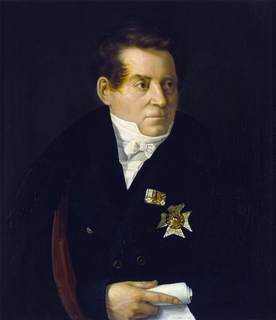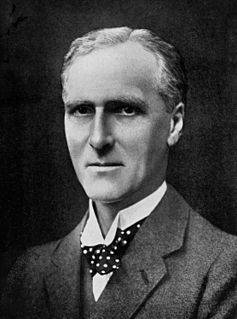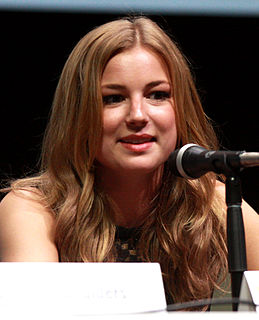A Quote by Henri Frederic Amiel
The ideal, after all, is true than the real: for the ideal is the eternal element in perishable things.
Related Quotes
It is sometimes said that the tragedy of an artist's life is that he cannot realise his ideal. But the true tragedy that dogs the steps of most artists is that they realise their ideal too absolutely. For, when the ideal is realised, it is robbed of its wonder and its mystery, and becomes simply a new starting-point for an ideal that is other than itself.
All the controversialists who have become conscious of the real issue are already saying of our ideal exactly what used to be said of the Socialists' ideal. They are saying that private property is too ideal not to be impossible. They are saying that private enterprise is too good to be true. They are saying that the idea of ordinary men owning ordinary possessions is against the laws of political economy and requires an alteration in human nature.







































